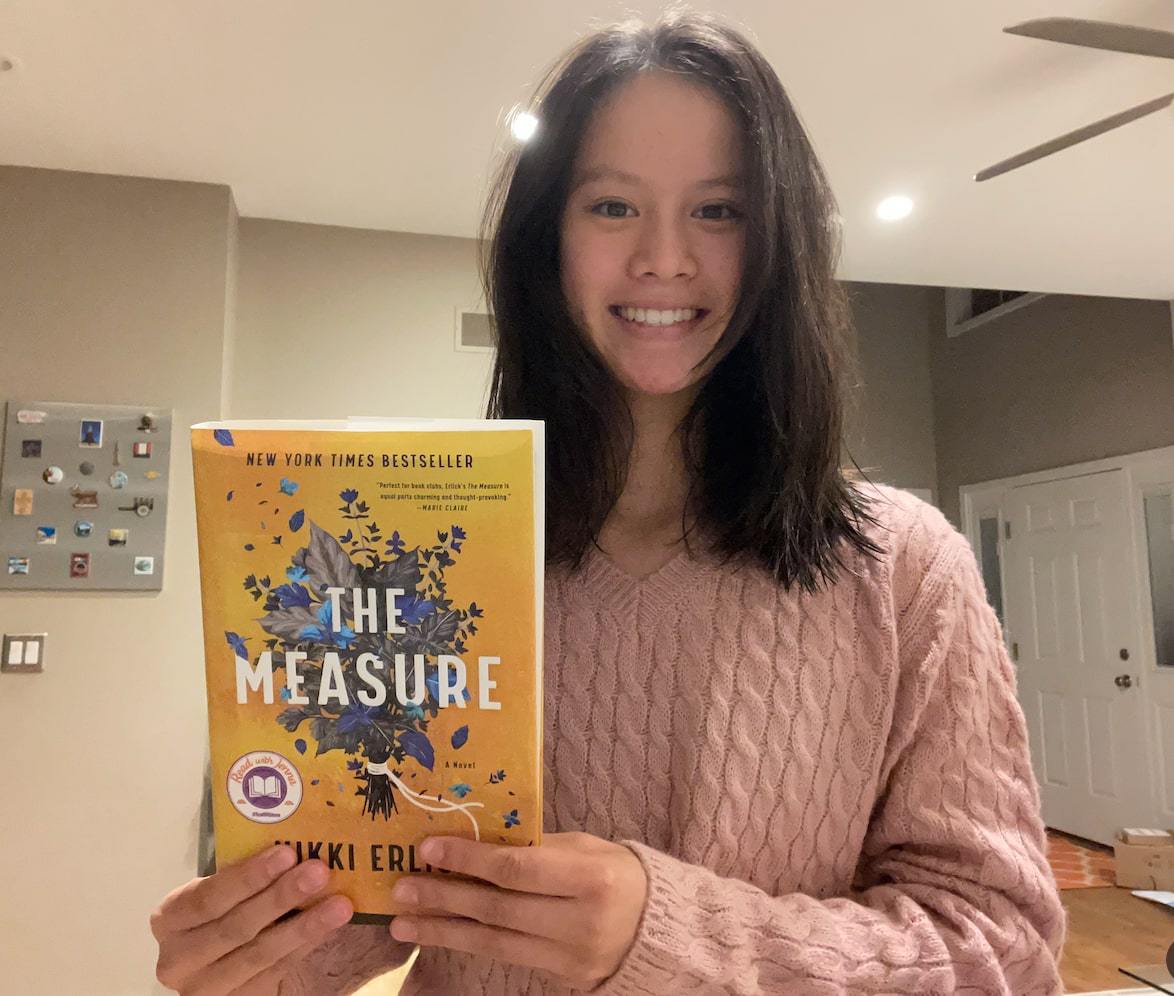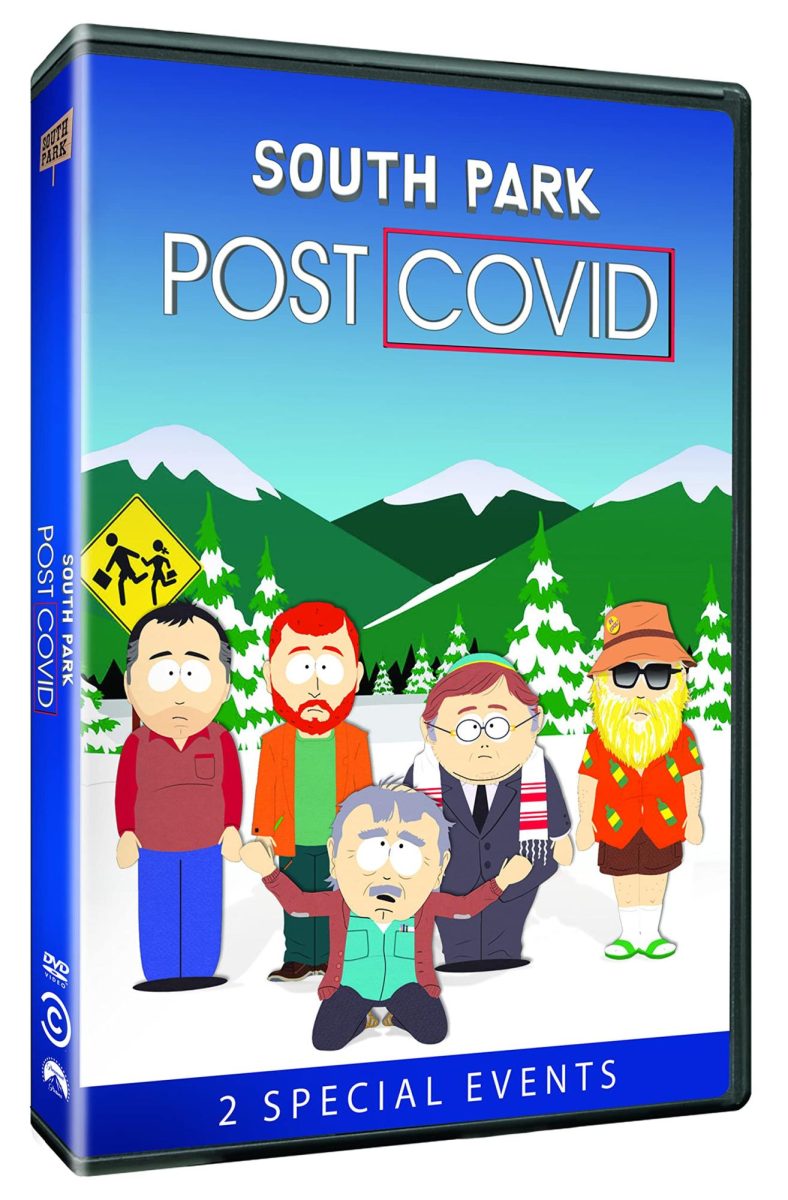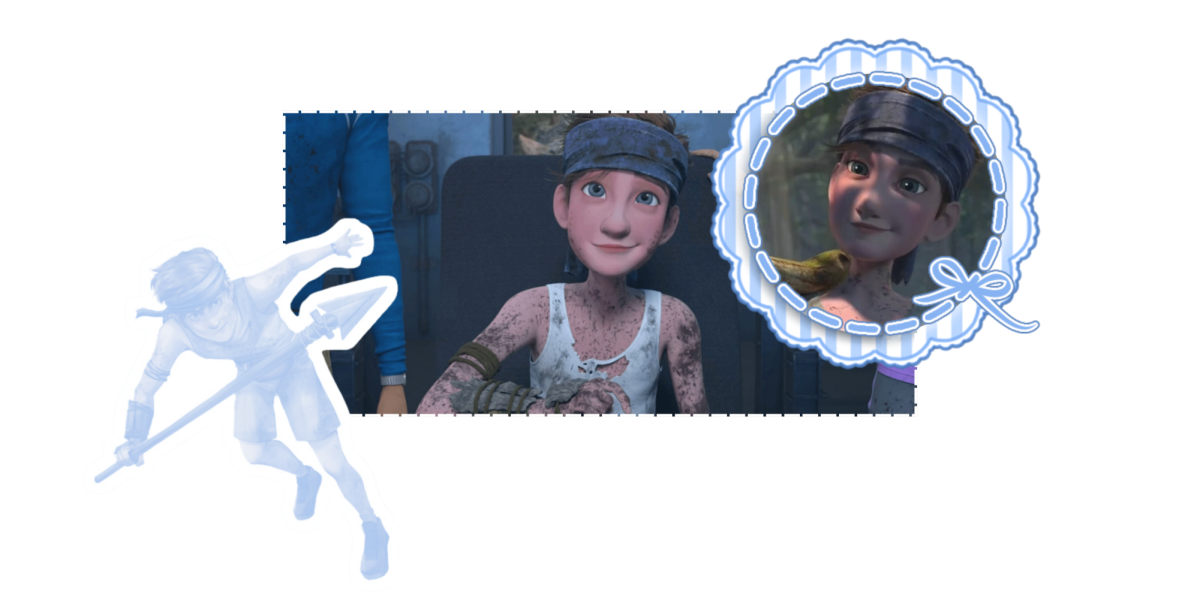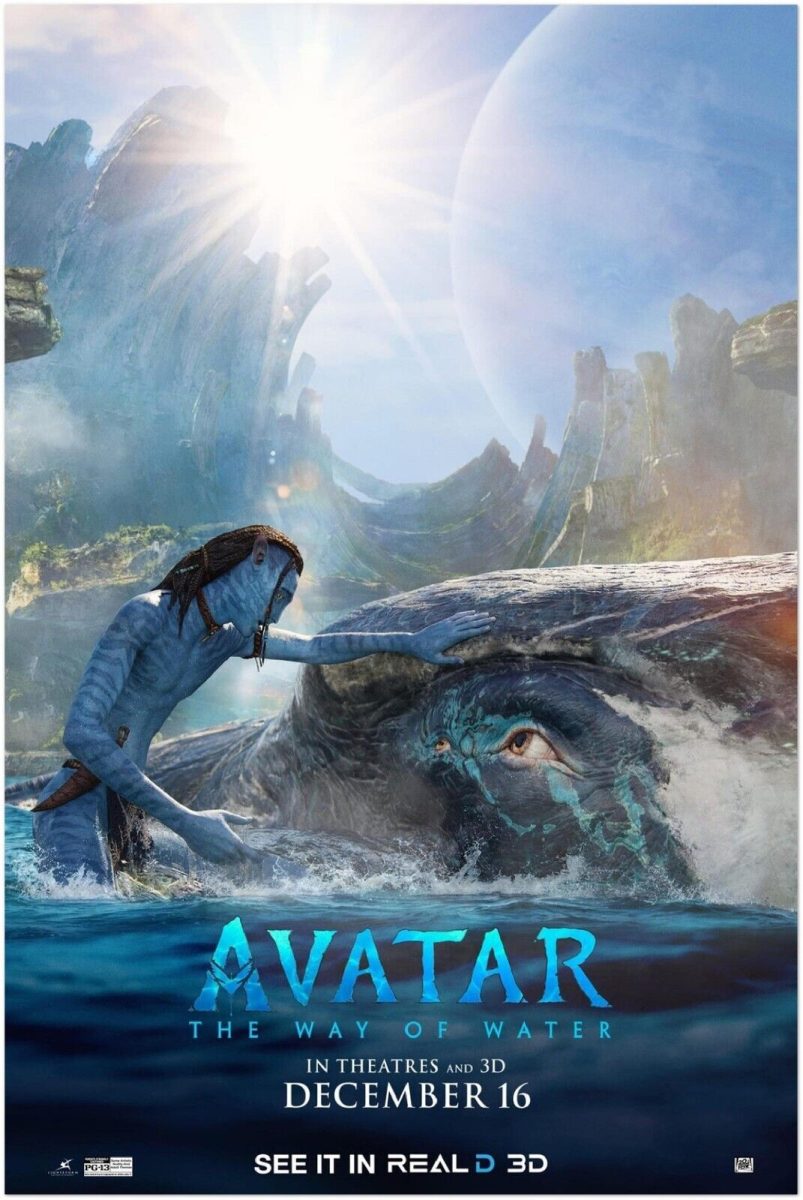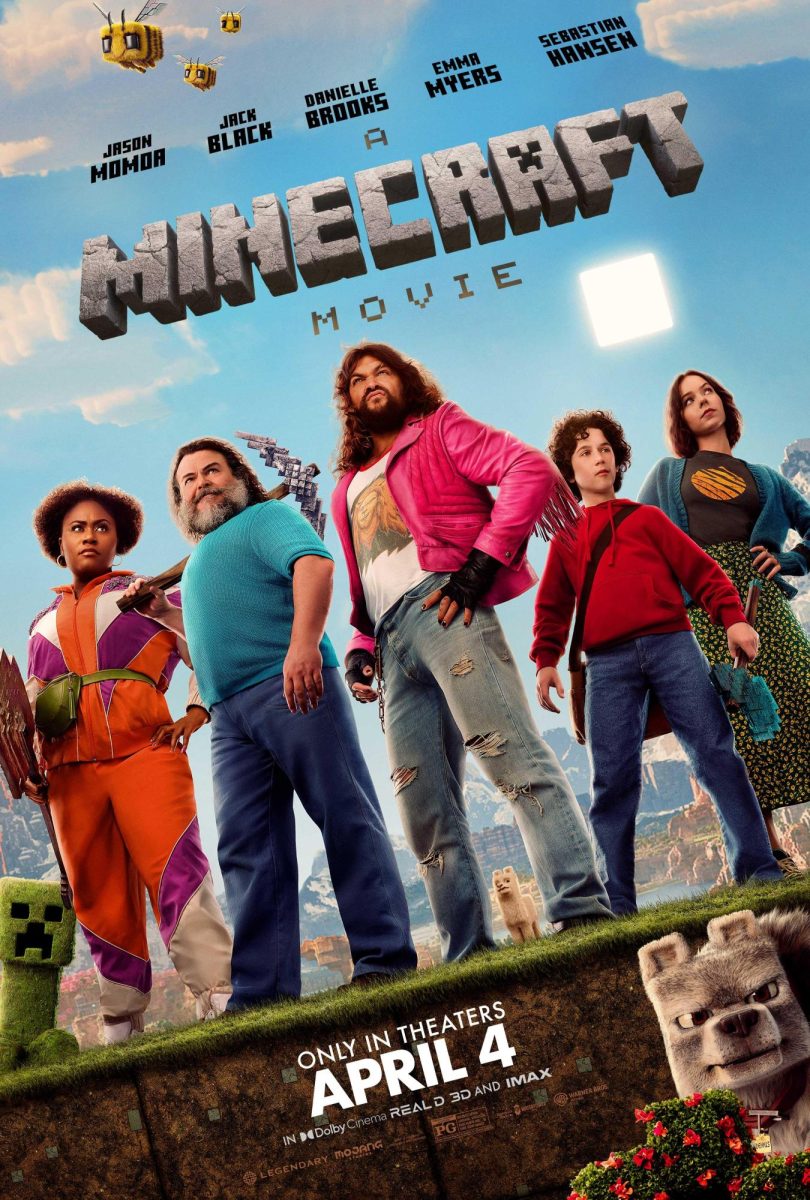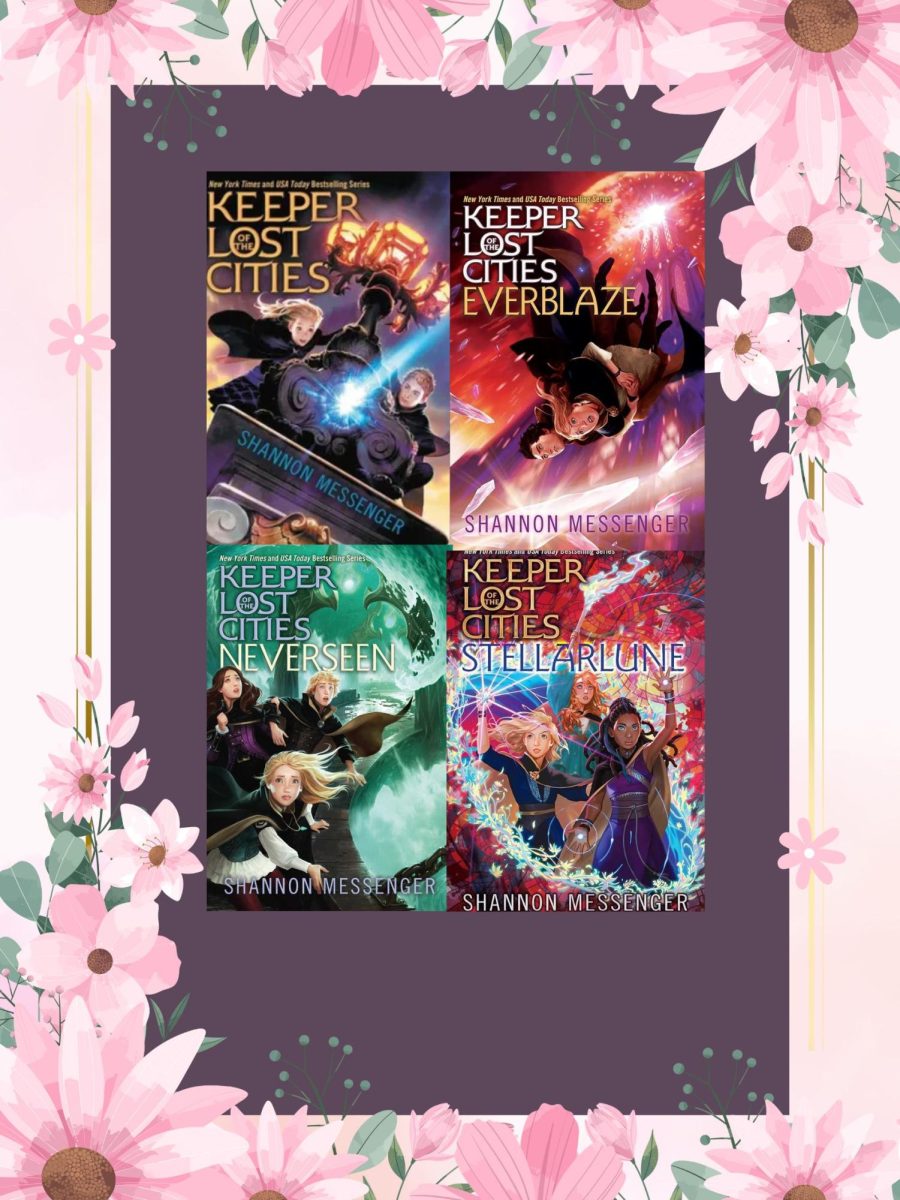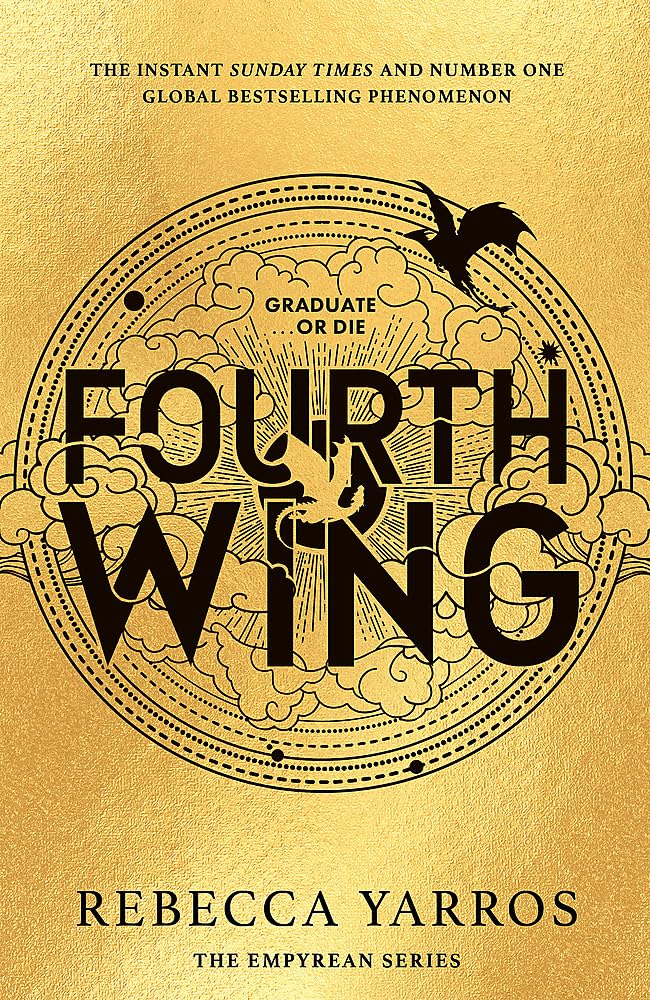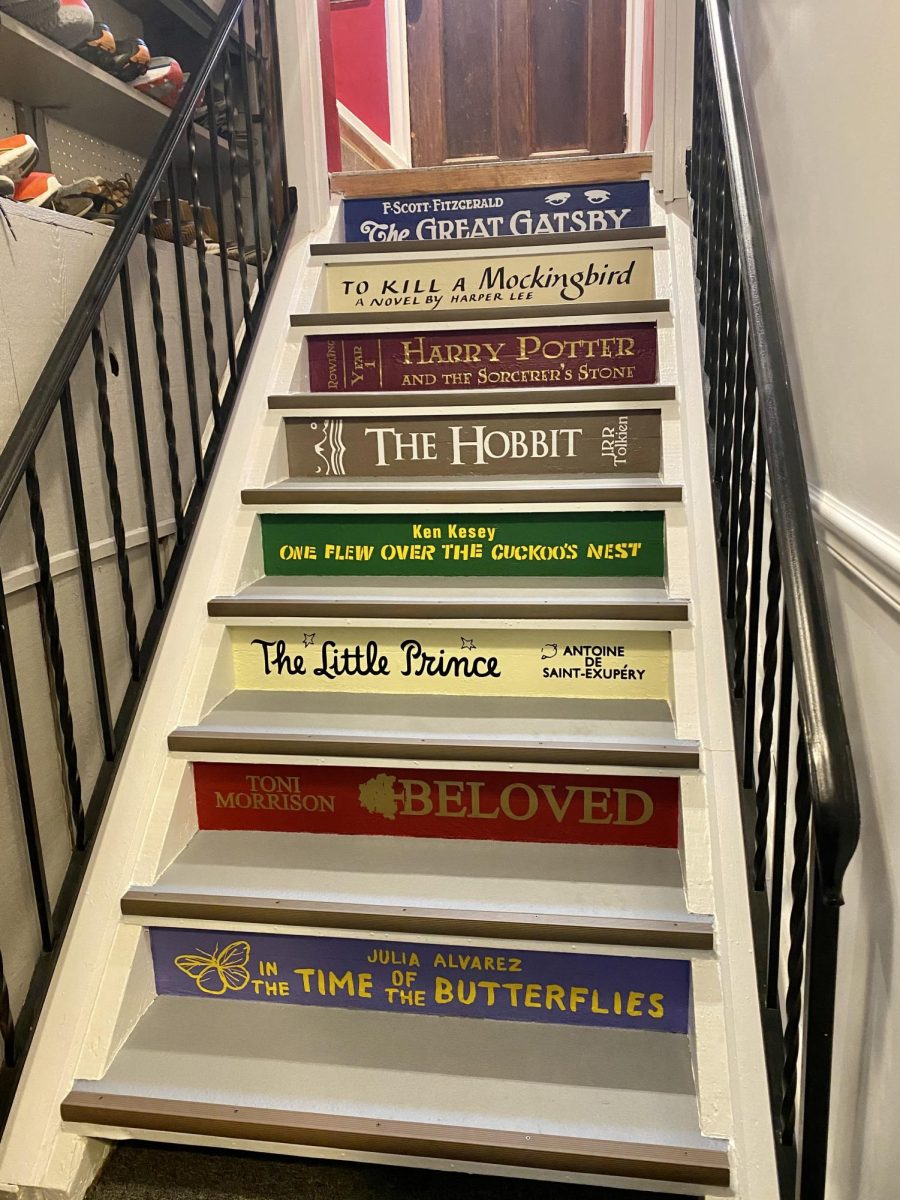What would you do if you knew when you were going to die? This is the question that The Measure by Nikki Erlick (2022) tries to answer as it explores individual and societal responses through eight separate points of view.
On a seemingly-ordinary spring day, boxes appear in front of everyone in the world who is older than 22. Inside is a string that corresponds to the age you’re going to die — a longer string equals a longer life.
The Measure attempts to explore topics of discrimination, societal values, and the meaning of life. A New York Times Bestseller with consistently high ratings on Goodreads, this book would make one think that it is an engaging and reflective read.
However, to say that the book was a disappointment is an understatement: with unmemorable characters, underdeveloped plot, and subpar worldbuilding, I would not recommend this book.
The Measure features eight characters who are flat and boring. Because of the whopping number of POVs, we never get a deep dive into any of them. The author sacrifices the depth in the character development for sheer volume.
The “main” character, Nina, has almost no character development. Reading her first and last few chapters, I found that there is almost no difference in her thoughts, reactions, or views. The other characters are not much better, with very little development of emotions or motivations.
The plot itself is also bland, with none of the excitement that I was expecting. The biggest question – where the strings come from – is left unanswered, with barely any thought about it.
Not only was the worldbuilding lacking, but the portrayals of society’s response to the strings and discrimination issues that arose were also very surface-level.
“[The Measure had a] wonderful concept, but the execution… fell short,” said Leela Aiyagari (‘24), social media manager for Skyline Book Club. “I wish there was more exploration of the world and less character-related drama.”
The author had so many opportunities to dive into societal issues, but focused instead on individual characters, leaving the worldbuilding very shallow.
Even more baffling, the book includes multiple time skips, often glossing over relevant details or glossing over important events. This contributed to the feeling that nothing happens during the entire book.
The combination of boring characters and lack of plot made reading the book feel like I was reading 300-plus pages of nothing. Overall, I would not recommend this book.

